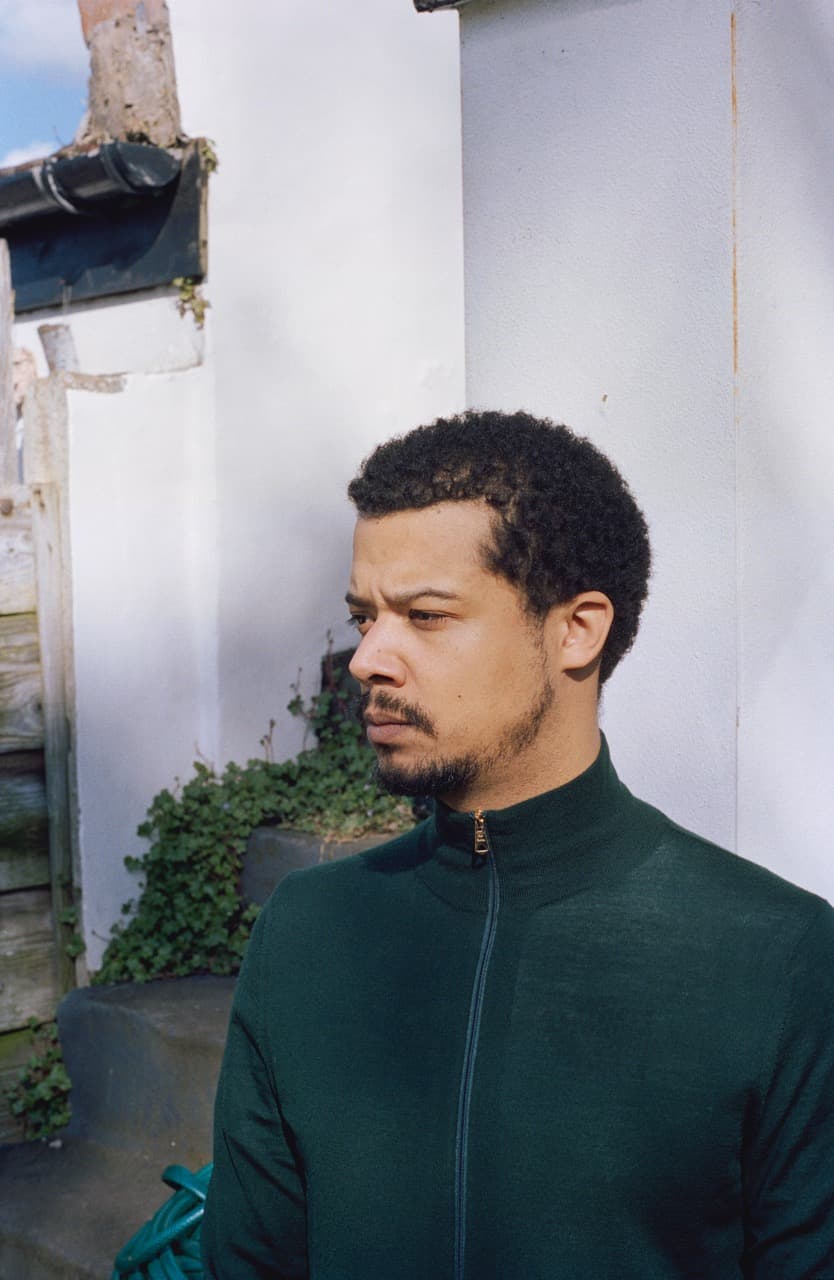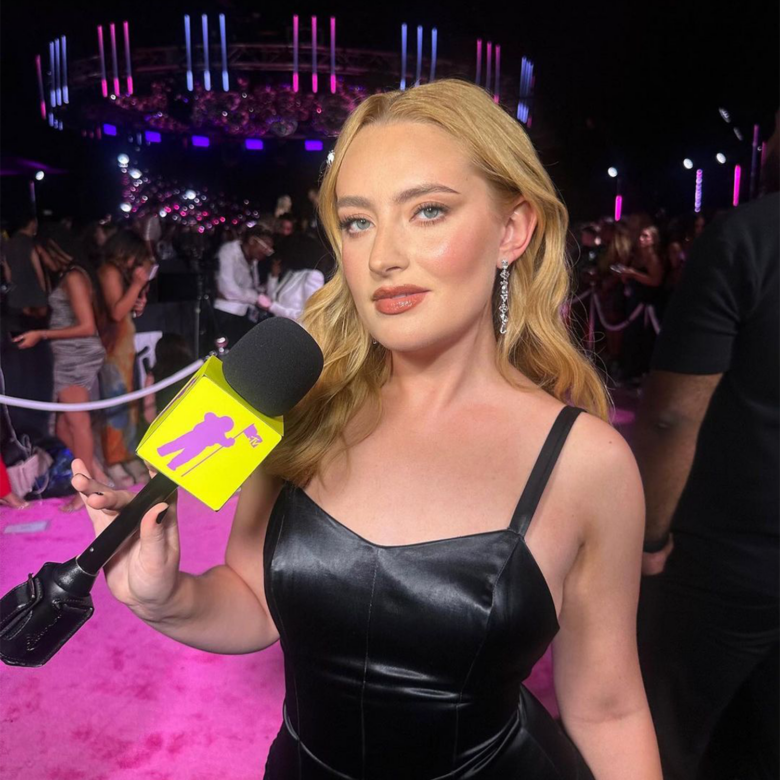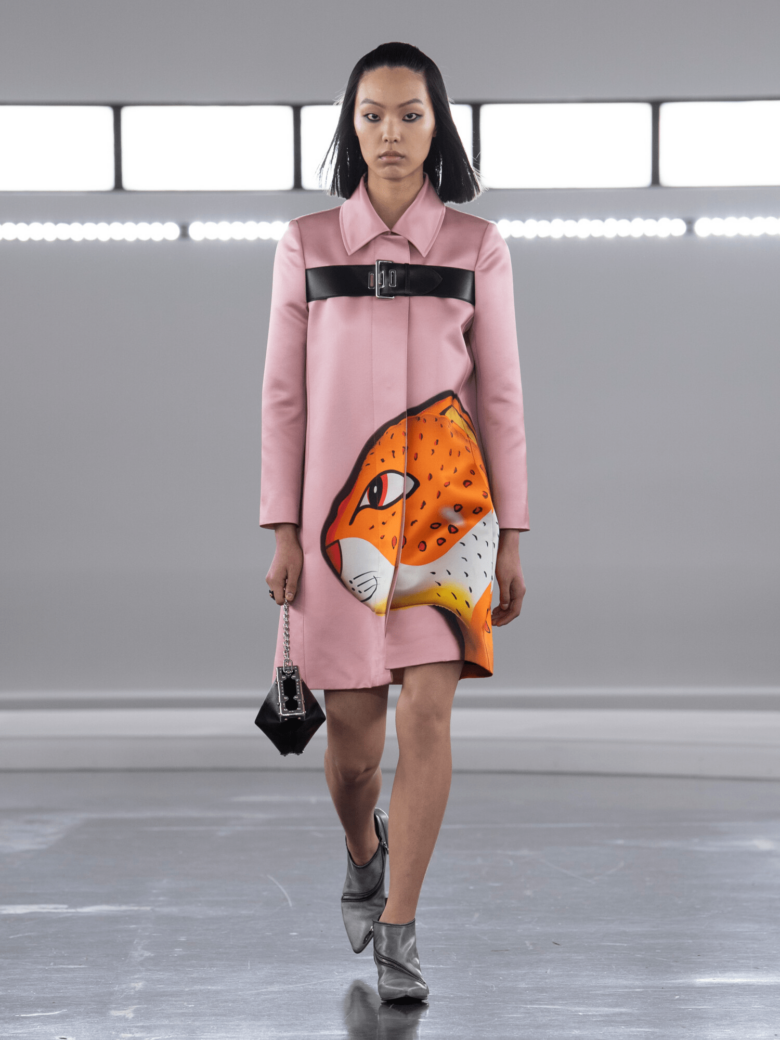Raleigh Ritchie: Always Learning
It’s been a while since we last caught up with Jacob Anderson, known in the music biz as Raleigh Ritchie. Since we first featured in all the way back in 2013, the Bristolian has gone from underground kid wonder to bankable success: releasing two albums, scoring a role in behemoth fantasy drama Game of Thrones and bagging a MOBO nomination. Personally, he’s grown up in many ways too: becoming a husband and father, as well as finding new ways to keep his anxiety in check.
What hasn’t changed is his experimental, inquisitive spirit. Still looking for ways to explore his creativity, he’s open about the fact that he’s taking it day by day in the school of life and expanding his sound as he goes. His latest single, “I’m Not Okay But I Know I’m Going To Be” is a case-in-point. His first ever co-written material (with hitmaker MNEK, no less) it’s a testament to his flexible working style and delivers a hopeful message that the sun will come out tomorrow – you just have to wait around to see it.
Below, we catch up with him about becoming a father during the pandemic, finding unexpected inspiration from YouTube deep-dives and his new musical era.
Great to speak to you Jacob. I’d like to begin by asking you about how the past year has been for you throughout the pandemic. How have you adapted to all the changes of lockdown and have they impacted your creative practice?
That’s a big question. It’s been a mixed bag. In a lot of ways, it’s been the best year of my life. I’ve got a little girl now and she’s amazing, she kept us going and kept us busy, and it’s been an honour to watch her growing up. It’s been weird though because we haven’t really had our community around us, our family and friends, to share that with us. It’s also been difficult in that it’s the most anxious year I’ve ever had, which is saying a lot. But, at this point, I feel genuinely very lucky. I haven’t lost anyone to the virus and none of [my immediate family] have got ill.
I think the pandemic has taught a lot of people to be grateful for the simple things and taught so many people perspective, which I hope can create positive change somewhere down the line. You mentioned your experiences of anxiety there. I’m just wondering, as a creative, how do you look after your mental health?
I’m still figuring it out. I’ve just started to do Pranayama breathing techniques and that’s been really positive. This has been a really good way for me to try and build healthy habits into my life. I also stopped smoking a year ago, before my daughter was born and recently bought an arcade machine. For some reason, I find it really mindful to play a stupid game for five, ten minutes.
Mindfulness comes in so many forms it seems! More generally, do you think there’s enough consideration of the mental health of people in the public eye?
We’ve been in a bit of a transition with this over the last few years. I remember when I first started writing songs and got signed, a lot of feedback would be, “Oh, it’s a bit miserable. Nobody wants to think about that.” There has been a wave of people talking about mental health a few years ago but do I think there is room for improvement with how the mental health of people in the public eye is handled by the press and by social media. The majority of people in the last year have probably been confronted with struggles or problems with their mental well-being in the last year, though, and it’s created a bit of commonality for us all.
You mention social media, I’m interested in how it feels for you to be online as someone with a platform. Is it difficult for you at this point to maintain a level of privacy?
I used to feel like it was really difficult but I’ve started to prioritise my mental health and I take regular breaks from social media now. I just delete the apps and don’t look at them. The way that information can be passed around [online] can be a little bit overwhelming so I feel like it’s really important to hold onto some privacy, especially with the work that I do.

Definitely. Let’s shift to your music, it seems like right now is a bit of a fresh start for you as an artist. What are your goals with your music in this new era?
I’m in a transition period at the moment, which is the same thing that happened after my first album, where I was like, “I want to try out some stuff now and do things a little bit differently than the last time.” This is my favourite part because you can go anyway and you can do anything.
Would you say that you’re a learning-through-doing person?
I’m a learn-through-doing and a learn-through-watching kind of person. I don’t know if you ever have this, where you watch random things on YouTube that you think are a waste of time and you’ll be in a conversation three years later and all of a sudden something from that video pops into your head? That happens quite a lot to me. I feel like I’m subconsciously recording all of the information I take in and it comes out when I need it. I’ve never been very academic or theoretical. I need to talk about things in terms of how they feel.
That’s interesting. Given the landscape we’re in now, there are so few opportunities for the arts, at a grassroots level. I worry a lot for the kids who aren’t academic or good at exams, who would thrive if they could explore their intelligence in other ways but who’re not given access to creative lessons in school and aren’t able to attend youth clubs or schemes due to all the funding cuts. Is that ever on your mind too?
It’s a combination of things [that help young people’s creative development]. I went to a youth group that specialised in music, songwriting and singing when I was a teenager and that was really helpful. But I also spent a lot of time looking for music and studying music, not like music theory, but listening to songs and trying to figure out how they were put together. In some ways there’s more access than ever, now. But what I worry about most is the young people that don’t have the encouragement or don’t feel empowered to access these things.
It’s very easy for me to be like, “Oh, just pick up your iPhone and make a film” but it’s not as simple as that. It’s also sad that there’s going to be a generation of teenagers who have missed going to their first sweaty gig when they turn 16 or 18 [due to the pandemic]. But, hopefully, they’ll still be able to make art: it’s never too late. I’m still constantly learning new things and picking up new things, doing things for the first time.
Is that mindset important to you?
It’s essential to me. There’s things that I’m doing now that I’ve had plans to do from when I was 14. I look at other people that are younger than me and there are days when I feel like I’m racing the clock so it’s really important to keep reminding myself that I’m still young and I still have time.
I think that leads on really well to your new single, “I’m Not Okay But I Know I’m Going To Be”, which has such a hopeful message. What does that song mean to you and what was the process behind it?
I wrote this song with MNEK and it’s the first song I’ve released that I’ve written with somebody else. I’ve always been really cagey about writing with other people but it was just a really positive experience, he really understood and identified with what we’re talking about in the song. With the song itself, I wanted to do something that was kind of mantra which had a bit of hope in it, that classic thing of, “This too shall pass.”
Stream Raleigh Ritchie’s latest song, “I’m Not Okay But I Know I’m Going To Be” here.

